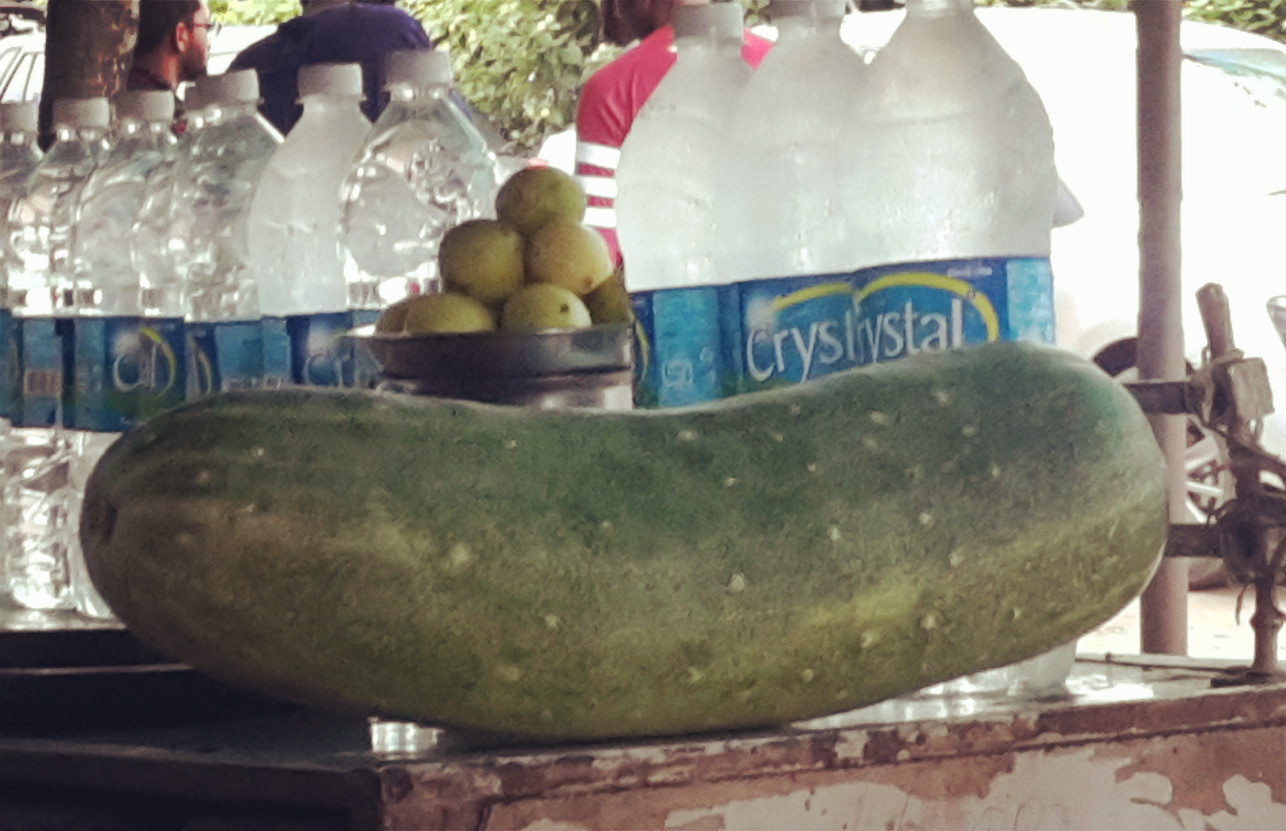New patients come to SVYASA on Fridays. When I arrived last Friday I didn’t get a chance to see the in-patient process as I was registering myself as an intern. Today I saw patients coming in and consulting with the doctors. Doctors then refer them to the appropriate department where their vital statistics are taken and files created for each patient. The hospital at SVYASA doesn’t have your typical hospital feel. At any given time you have interns from other institutes and around the world and resident college students observing the processes and method of treatment. The mood is light and happy instead of somber and grievous.
It was interesting to observe the behavior of new patients today. Most described themselves as ‘no problems, just a little acidity all the time’ or ‘nothing as such, just from time to time some depression’ and ‘i have no issues as such, just a little bit of weight problem is there’…and so on and so forth. In a way there is lots of optimism, but somewhere I wonder, is there also denial? If you don’t truly believe that you need a change, regarding your health or anything else in life, will you put 100% into making that change? The only time I’ve been able to bring about change is when I’ve accepted that I need or want a change more than I want the status quo. It’s important to face your issues head on, rather than trivializing them.
Also tonight is my last night here! I can’t believe it’s been one week already and I’m really looking forward to getting back home, to my classes and daily practice. I still remember Day 1.
In other news – my Liguria yoga retreat is on track and we’re excited to announce that seats are filling up fast! Below is a snapshot of what happened in the last retreat. The next one is going to be bigger and better.




